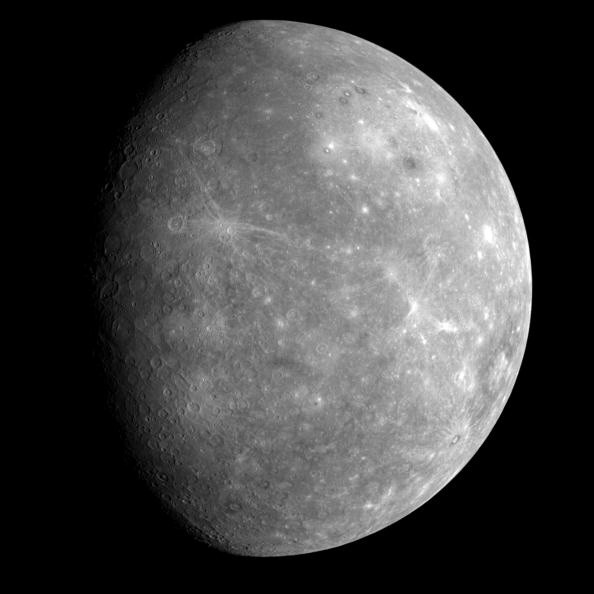Mercury will be visible this December. This means that space fans will have a Christmas treat for their eyes.

This planet is considered to be the closest heavenly body to the sun.
Although it will boost brightness, experts said it would not be easy to spot the planet.
If you want to see Mercury this Christmas, here are the details you need to know.
How to See Mercury This December?
According to Space.Com's latest report, Mercury will reach its peak altitude during sunset on Christmas day, Dec. 25.

Its appearance is expected to last until January 2023. From Dec. 24 to Dec. 25, this planet will slowly reach 12 degrees above the horizon.
It will also shine with a magnitude of -0.6, as explained by astronomers. The best time to view Mercury is either in the morning or evening.
Experts explained that the best time to see Mercury is when it is most distant from the sun.
Aside from seeing it with your naked eyes, you can also use your smartphone to capture its pictures. But remember to bring a tripod since you will be taking long-exposure images.
Of course, ensure you are in a clear area far away from the city lights.
Fun Facts About Mercury
Aside from being the closest planet to the sun, there are also some very interesting facts you need to know about this heavenly body.
RocketStem provided some of them:
- Astronomers believe that Mercury is shrinking. They claim that it is around nine miles smaller compared to its mass four billion years ago.
- Mercury, with its 4,880 diameter, is considered to be the smallest planet in the solar system.
- Mercury is one of the planets with the weakest atmosphere. Because of this, it has the most craters in the solar system.
If you want to learn more about Mercury, you can visit this link.
As of writing, Mercury is now being included among the heavenly bodies being studied by space agencies.
Recently, we reported that BepiColombo captured Mercury's images after flying by to observe the planet.
The space probe also made its second super-close Mercury flyby.
For more news updates about Mercury and other planets, keep your tabs open here at TechTimes.

ⓒ 2025 TECHTIMES.com All rights reserved. Do not reproduce without permission.




